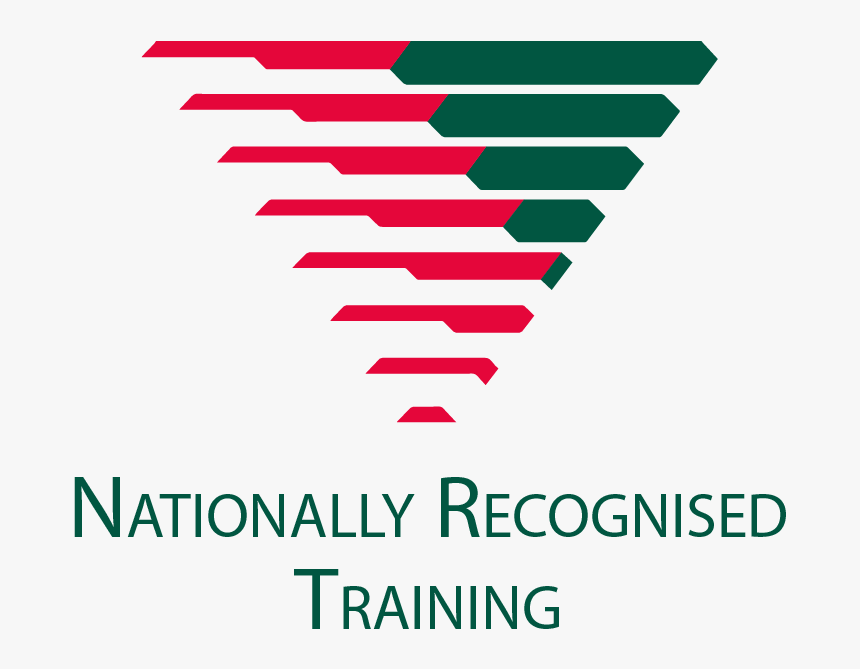Moving into new or expanded leadership roles can be both exciting and daunting. Many frontline or first time leaders often have strong technical or operational skills but, as we all know while these are very valuable attributes they are by no means the whole box and dice in terms of ensuring success at the next level. Leading others and moving into new roles that reflect greater responsibility and understanding of the organisation and the broader operating context is a lot more complex!
Even for those experienced leaders, adapting and growing your leadership skills as your responsibilities or the size of your team expands can also challenge our confidence. The weight of expectation can be overwhelming so it becomes important to make the best possible start on the new leadership journey.
Here are some strategies to help you make the best possible start to fulfilling your leadership role.
1. Do your homework on the business unit as much as possible. Understand their role, previous performance successes and disappointments, any external challenges they have faced recently or changes that may be imminent.
2. Confirm the scope of your responsibilities, available resources, levels of decision making authority and ways in which your performance will be measured.
3. Spend some time on determining how your role and your team can add the best value to the organisation. Start to build your strategic thinking capability. Reflect on what the functions are of the team. Are there opportunities to improve the contribution to the organisation in the way the team delivers their services?
4. Develop and confirm your ‘must do’ priorities for your first 3, 6 ,9, 12 months. This planning includes the preparation of your ‘100 day plan’usually at the commencement of a new position which assists you to focus your energies and avoid becoming overwhelmed. Once developed the plan should be discussed with your senior managers and also your teams so that the focus of your efforts is clear and expectations can be clarified.
5. Clearly communicate your vision or plan to the team. Where do we want to be in 12 months? What do we want to have achieved? What are our goals? How will we get there? How will we measure our performance?
6. Discuss and confirm the communication methods that will work most effectively for your teams, senior managers and peers.
7. Define the culture you believe is necessary for the team. What behaviours are appropriate? What positive behaviours and attitudes need to be fostered? Once these have been defined you can communicate those expectations clearly to the team. What key organisational documents will support you in driving positive cultures?
8. Make a concerted effort to personally connect with your team and one to one partnerships.
9. Make a conscious and determined effort to make positive impressions at every opportunity in your new role. Convey your leadership through your communication and your actions by delivering on expectations with conviction and enthusiasm.
10. Invest in your network. Create a deliberate strategy to invest in building strong internal and external stakeholder partnerships.
11. Manage the change process. Where you have a number of change projects identified, reflect on the priority, the expected outcome, the current engagement level of the team and implement the change program accordingly. It will be counterproductive to tackle too many fires at once. Focus on small wins initially to build your confidence and the confidence of those around you.
12. Deliver. Deliver. Deliver. New managers must deliver successful outcomes within reasonable time frames. Identify the priorities and focus your efforts on ensuring that projects of tasks are completed to a high standard. Resist the temptation to take on too many things at once for exactly this purpose. It will undermine your efforts to complete and this will affect your confidence.
For more information on options to develop confident and competent leaders in your organisation, please contact us.




